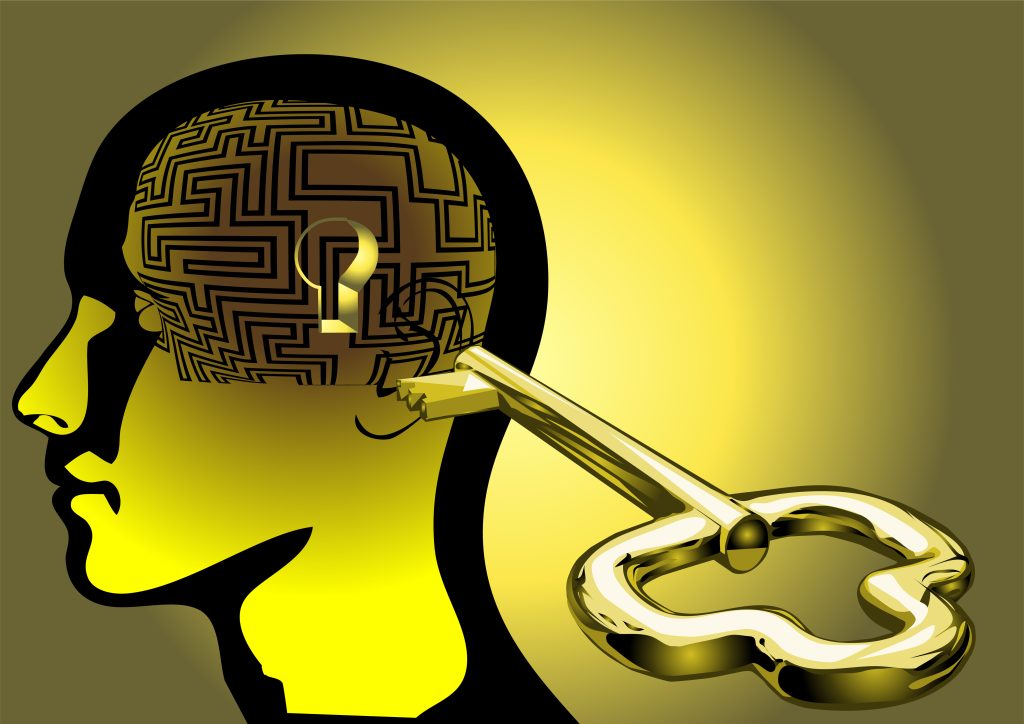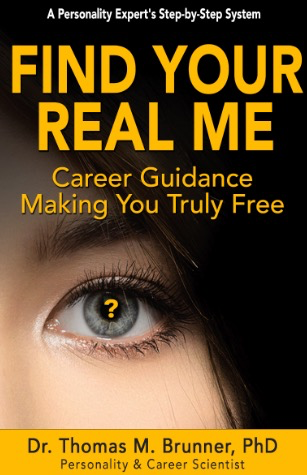Dr. Brunner has successfully evaluated and treated learning problems for over 20 years as a psychological PhD expert.
What will you learn? To prepare your child for the era of AI, you need to be aware of an increasingly discussed distinction between “kind” and “wicked” learning environments.
What will this do for you? You will better parent your child because you will not fall for the idea that the best child is the one who becomes the most skilled in a narrow domain (i.e., the “prodigy”). The critical role talent development focused child psychological assessment can play in giving your child a competitive edge in our era of AI will also be revealed.

How “kind” vs “wicked” learning environments differ
The kind vs wicked distinction was originally introduced by psychologist Dr. Robin Hogarth. Kind learning environments provide quick and clear feedback, and are present in narrower, simpler and more structured learning environments with clear rules. Your child can excel in kind environments through repeated practice of simpler physical or mental activities, such when they practice playing chess or tennis. Your child gets immediate and clear feedback as they compete in these domains, especially because there is one set of rules and clear consequences. For example, when they make a bad move in chess, they immediately see a negative result.
But the vast majority of your, and your child’s learning and living challenges, take place in wicked learning environments. To get through a day, you must make lots of decisions where there is no clear rule book, and where the bottom line implications of that decision cannot be immediately seen. Psychologist Thomas Golivich (1991) points out “The world does not play fair. Instead of providing us with clear information that would enable us to ‘know’ better, it presents us with messy data that are random, incomplete, unrepresentative, ambiguous, inconsistent, unpalatable, or secondhand.”
Why is the kind vs wicked distinction so critical to understand?
Artificial Intelligence (AI) is completely redefining how you stand out in the global world of work. Gone are the days when the expert was considered the person who “knows it all” in a narrow area. Depth of knowledge is decreasingly important when AI mechanisms can retrieve and integrate massive amounts of narrow data sets in seconds.
AI is forcing companies to increasingly look for employees who can think flexibly, so they can best handle the complex wicked learning challenges where no one set of rules dominates. Companies are now favoring those applicants who have broader bases of experience. The tennis prodigy who has played 100 tournaments will not impress a company like a child who brings more mental dexterity from being an Eagle Scout who has had to solve a much broader variety of wicked types of problems.
The golden ticket in the AI era is showing you can with integrate information and methodology from diverse fields. Companies want individuals who can bring fresh approaches and who have significant knowledge of more than one field. This is why my groundbreaking Precisely Engineered Career Guidance (PECG)™ Method focuses on ensuring each adolescent or adult client finds what I call a Transportable Work Identity (TWI) forged from integration of 2 or more fields.
In our AI era you must raise your child to appreciate the renewed value of the generalist. This is why companies are increasingly using psychologists to assess the amount of cognitive dexterity potential employees have. Neuropsychological and personality assessment is now front and center, not only in business, but also for elite athletes, because it can identify areas of rigidity.
AI is creating a Fourth Industrial Revolution (or Business 4.0)
We are now in what many are calling the Fourth Industrial Revolution, also known as “Business 4.0”. Power has been radically shifted to those who can cross-pollinate the field they are working in with fresh ideas and techniques. Now, the more well-rounded you are, the more you are likely to have transferable skills.
What skills should parents focus on helping their child cultivate
Over the last three years with my research team, I have reviewed hundreds of articles regarding elite human performance, parenting, higher education, and AI/robotics. I have identified six key skill “superpowers” your child needs to hone in order to have a competitive edge in our drastically changing world where AI will dominate. Sign up here to be notified of the publication of my book, in which I discuss these six key skills.

While you are waiting for my book to come out, the key takeaway is, as David Epstein (2020) discusses in his best-selling book “Range: How Generalists Triumph in a Specialized world”, a mountain of studies indicates specialization makes you “dumber.” Specialization narrows your mind to using a narrow set of approaches in a world where AI is the new narrow- minded expert.
Breadth on top of depth is the best parenting approach
Unless your child is constantly exposed to wicked environments, where the rules change, you are setting up your child to be easily replaced by AI. In fact, Epstein describes countless stories of how some of the most successful and influential thinkers (Including studies of Nobel laureates) have life journeys involving exposure to highly divergent activities and ways of thinking. This is dramatically different from the predominating myth that you need to get your child on a linear path on which they move in a straight line, continually refining a narrow set of skills en route to trophies and blue ribbons.
Epstein reveals that over 80% of the successful people he studied thought they were the anomaly because they had more circular journeys, versus being the person who traveled in a straight line, such as the uber dedicated child violinist. Specialization is good, only as long as it is complemented by incredible variety. The authority that specialization used to offer is now gone.
Parents feel a tremendous gravitational pull to try and have their child become masterful in one area. Meanwhile, what Epstein points out is that having range, that is a broad-based perspective, is in many ways more important than depth in one area.
What is the bottom line?
It is more important than ever for your child to have cognitive dexterity with how they approach challenges in front of them. Consider the importance of having a talent development child psychologist assess your child to determine their profile of cognitive flexibility strengths and cognitive rigidity. You can do this as early as the age of 10, because even by this age children begin to exhibit a personality and/or cognitive profile.
Having your child undergo neuropsychological assessment is no longer something you do only when you suspect a learning disability. Rather it is increasingly becoming the way you setup your child to have the sharpest competitive edge in our AI dominated era. You may think high school AP courses or gifted classes are enough to ensure your child is setup to professionally succeed, but you would be wrong.
Why? The educational system still predominantly focused on memorization of content. In contrast, talent focused child neuropsychological assessment focuses on expertly identifying how your child can use their brightest strengths to overcome their cognitive weaknesses. After six hours of neuropsychological assessment with a child I can help them learn more about HOW their mind works than six years of school. Teachers understandably are not focused on helping your child identify their cognitive rigidity, but that is exactly what needs to be identified.
If you are willing to redistribute money you would otherwise spend on a material good to a talent development focused child psychological assessment, you just might find you will give your child something that will change the ultimate trajectory of their life. How else are you going to give them a better chance to outcompete the robots and algorithms they will be competing against?
Related Blogs:
10 Character Flaws that can derail even good people
What Psychological Assessment can do that nothing else can
The future of the world depends on better career guidance
Why “Follow your passion” is foolish career advice
